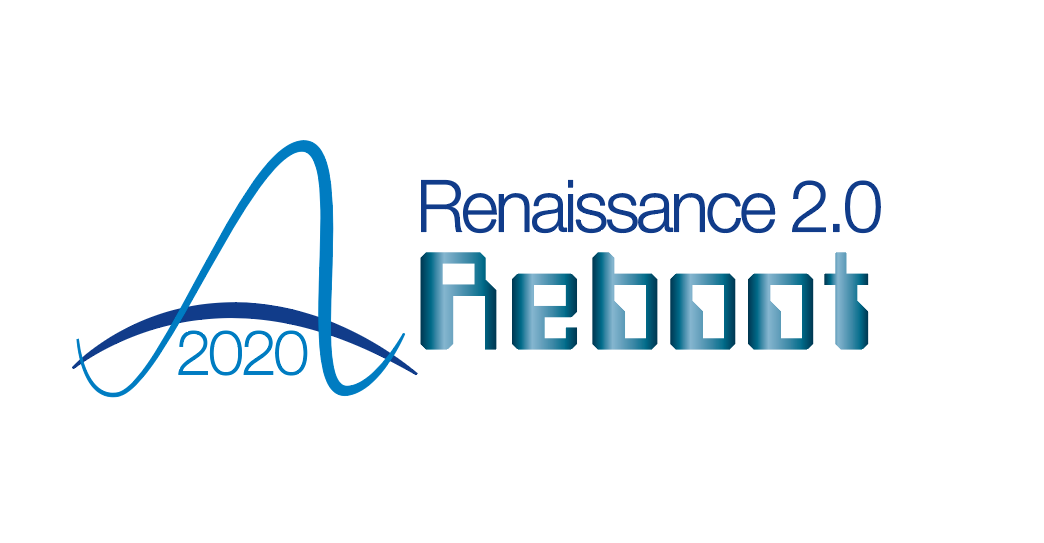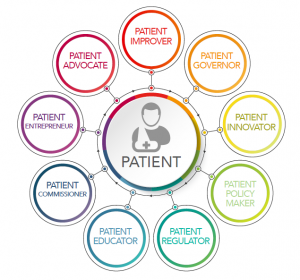Patient engagement
20 July 2020

There is plenty of evidence to indicate that patient engagement can lead to improved health outcomes. In GGI’s view, this means that the patient’s health experience, voice and preferences are crucial. It also means that patients should have an active role in their own care. Co-creation should be the guiding principle.
Paternalism has a long history in health and care and certainly had value in the past. But people increasingly want a say in their treatment. The health and care system must create a culture that values the voice of patients, and boards should be held to account for ensuring this happens. But doing it well is challenging – there are as many nuances to cater for as there are personal identities and health conditions.
Making progress on patient engagement in the NHS requires focus and personal responsibility taken by healthcare professionals, management and board members. Only when healthcare strategy is made in line with patient perspectives will the best health outcomes prevail.
Co-creation model
There’s a growing school of thought that sees patients not as passive recipients of healthcare but as experts of their own conditions and in the way they would like to be treated. Health and care professionals should make space for patient preferences, not try to second-guess them. This can be characterised as a shift from a paternalistic, ‘doctor-knows-best’ model of healthcare to a co-creation mindset.
Informed patients often have clear personal preferences that don’t necessarily follow expected pathways of healthcare training. In Being Mortal, Atul Gawande describes the doctors of terminal patients being keen to identify what treatment will further extend patients’ lives, but failing to consider that ‘no treatment’ is an option (the book was largely based on the US healthcare system, but the message stands). Healthcare is not only about medical care; it is also about human interactions and the way that care is provided.
Roles for informed patients
GGI fellow and advisor Usman Khan has developed a typology (see figure 1) of different roles that a patient can assume in their engagement with the healthcare system, focused on NHS trusts.

To focus on just one of these, the patient advocate aspect of the model takes a step towards a more holistic approach to healthcare. The engaged patient advocate is one who is able to identify and express the care they need and when they need it. This type of care requires healthcare professionals to relinquish control, which is a significant cultural shift and should be recognised as such.
Patient advocacy is not within the capability of all patients but it can be highly beneficial. It is supported in the NHS through self-engagement programmes such as Bridges, developed by Fiona Jones at St George’s Hospital, London. Bridges is a well-researched programme applying Bandura’s self-efficacy theory to enable stroke survivors and those with acute and long-term conditions to take an active role in their rehabilitation. This builds on evidence that a patient who takes ownership over their care and rehabilitation will have better health outcomes. This type of tool is therefore invaluable for patient’s quality of life, as well as for the NHS, which saves financially.
There are many more examples of patient engagement that fit into this framework. Healthwatch is an independent national network working to ensure that health and social care services hear people’s voices, enabling the patient commissioner and improver roles. Between 2018 and 2019, more than 336,000 people shared their views about the health and social care services they received, resulting in 7,200 recommendations, 29% of which have been implemented across the health and care system. One example of a change that was made as a result of one of these recommendations was that NHS Digital restarted publishing emergency readmission rates within 30 days of being discharged.
Improving patient engagement
Engagement with patient stakeholder groups needs to be at the forefront of NHS organisations’ minds. Patient input to strategy should lead to more apt strategic aims and improved patient feedback and ratings.
There are changes that we suggest NHS boards can make to improve patient engagement to inform strategy. Patient voices should be included in every single board conversation. This can and should be done through different methods ensuring a range of voices are given space, actively listened to and authentically captured.
At the Royal Free Hospital in London, each board member is allocated a patient group that they are tasked with expertly representing in meetings. Board members are required to proactively seek patient opinions from the community and experiences to bring back to strategic conversations.
Patient voice could also be accessed through patient representatives. Boards should take care when identifying representatives, who can have their own agenda just like everyone else. So it’s important to gather a wide range of patient community opinions through varied methods to gain authentic patient insight.
Questions for boards
Boards may find the following questions useful as they consider the issue of patient engagement.
- Have we considered which patient groups we are engaging with? Is our organisation truly connected to local communities, including all the hard-to-reach groups, and are they able to influence how we operate?
- Are we measuring what really matters to our patients? Have we got views from patients about what we are measuring?
- Are we accountable for nurturing a culture of patient engagement in our organisation? Is it included in objectives for board members and staff, and do we have the right systems in place to ensure patient voices are incorporated into strategy?
- Are patient voices being sufficiently incorporated into board conversations when developing strategy for COVID-19?
If this briefing prompts any questions or comments, please call us on 07732 681120 or email advice@good-governance.org.uk
Jessica Lubin
Digital Development Manager
Usman Khan
GGI Special Advisor
Laura Botea
Director of Corporate Affairs

